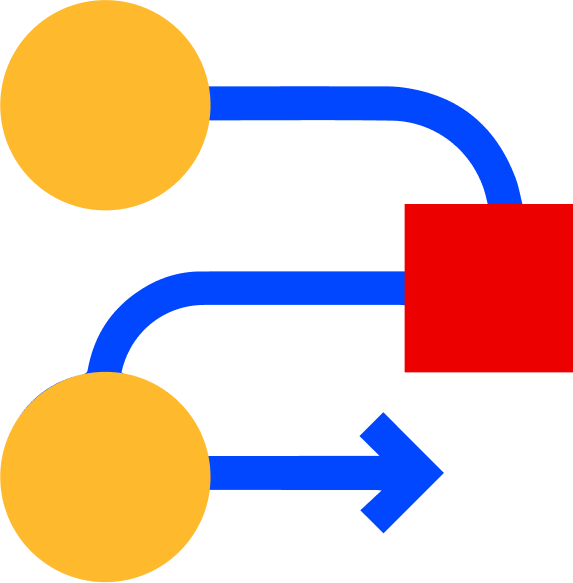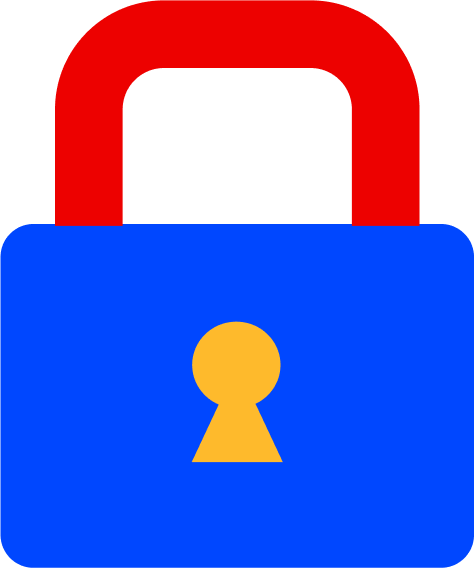What Legal Teams Really Need From a Modern Data Integration Platform


When legal teams are working against the clock, the last thing they need is to waste hours chasing data across multiple platforms. Slack threads. Emails. Shared drives. Group chats. Without a clear way to pull it all together, your team is stuck piecing together a fractured story, risking missed deadlines, incomplete collections, and higher review costs.
This article breaks down what legal teams actually need from a modern eDiscovery platform to manage investigations with speed, control, and confidence. You'll learn how the right technology cuts through the noise, reduces legal spend, and supports defensible outcomes. Read on to make smarter, faster decisions.
The Problem With Fragmented Legal Data Systems
Legal teams are now expected to manage more information than ever. Much of that information lives in cloud-based tools like Slack, Teams, Gmail, or Drive; tools that weren't built for legal use.
Data ends up spread across dozens of apps, with no clear way to access it all in one place. That can create delays during matters that are already time-sensitive.
Disconnected systems often mean manual data pulls, inconsistent formats, and missing metadata. This slows down collections and makes it harder to maintain context. In some respects, it can also increase the chances of missed deadlines, incomplete holds, or even sanctions.
Legal counsel often relies on IT to find, copy, and share data from various platforms. Yet those handoffs take time and add risk.
Legal teams need to know where the data came from, who handled it, and what might be missing. That level of transparency is hard to achieve when you're pulling from five or ten different places.
Poor visibility doesn't just affect collections. It has a direct impact on cost. Without a clear view of the source systems, you're more likely to over-collect or review irrelevant data. That, naturally, drives up vendor bills, attorney hours, and project timelines.
Why Unified Data Access Is Now Mission-Critical
Legal teams can't afford to work blind. They need access to complete, up-to-date data sets, and they need it fast.
Relying on multiple teams or tools to gather that data creates friction. In-house counsel often feels this pain during high-pressure matters when every hour counts.
Unified data access changes that. By pulling data from multiple tools into a single system, legal teams can work directly from the source, without delays, confusion, or extra steps.
This kind of access often leads to faster results and better-informed decisions. It also significantly reduces the number of people involved in the process.
One major benefit of unified access is that it shrinks data sprawl. The more systems you have, the harder it becomes to track who said what and where.
By syncing data regularly, you reduce the risk of missing evidence or preserving incomplete threads. This is especially important when you're collecting chat data with attachments, edits, reactions, or threads.
In other words, the more connected your systems are, the more consistent your story becomes.
To support collaboration, modern platforms also offer role-based access controls. These let in-house legal solutions share only what's necessary with outside counsel, compliance, HR, or other parties.
Must-Have Features in a Modern Legal eDiscovery Platform
Not all tools can handle the volume, speed, or complexity of legal work. To support reliable investigations and discovery workflows, a modern data integration platform needs specific features.
Pre-Built Connectors for Key Sources
Pre-built connectors let teams connect quickly to tools like Slack, Microsoft Teams, Google Workspace, and more. These save time, reduce setup costs, and allow for faster deployment.
Granular Data Control
Control matters. Legal teams need to decide what to collect, how often, and from where. That means filters by user, date, channel, or keyword, along with scheduled syncs or real-time pulls.
Smart Processing
Once collected, data should become searchable and structured. OCR, metadata extraction, and natural language processing can turn raw content into usable evidence, which matters a lot during legal review.
Powerful Search Tools
Search must work across all connected apps: chat, email, docs, and more. Look for platforms that offer keyword search, filters, Boolean operators, and near-native previews. These help narrow large volumes into meaningful sets.
Secure Collaboration and Role-Based Access
Legal teams often work with many stakeholders. Sharing data securely means assigning access by role, limiting views, and maintaining a full audit trail of who accessed what.
Defensible Preservation
Preservation should include full metadata, timestamps, attachments, and versions. It should also support in-place legal holds and automatic syncing to avoid spoliation risks.
Open API for Custom Sources
Not every tool is in the connector library. A flexible platform supports custom data ingestion through an open API. That way, teams can connect legacy systems or rare tools without delays.
For example, Onna offers an open API along with a library of ready-to-use connectors. That gives legal teams the freedom to collect from known and unknown systems, without waiting on engineering or IT support.
Driving Efficiency and Defensibility
Legal work depends on accuracy and speed. Yet those goals often seem out of reach during early case assessment or internal investigations. This is where reliable investigations software backed by strong data integration can make a major difference.
When all your data lives in one place, you can start filtering and reviewing right away. There's no need to wait for exports or processing. You can narrow the scope of your collections and quickly tag what matters.
Integrated platforms also reduce the total data volume. By searching and filtering before data ever reaches review platforms, legal teams can save thousands on review costs.
Full metadata preservation matters here too. Legal teams can prove when data was collected, what systems were touched, and who accessed the files. That supports defensibility in court, and it shows that your processes are consistent and well-documented.
Don't Let Fragmented Data Hold You Back
Legal teams need a reliable eDiscovery platform that gives them full control over their data, fast, accurate, and defensible. This article has outlined what to look for in a tool that connects systems, simplifies search, and cuts discovery costs.
Onna delivers exactly that. Our platform connects to your most-used apps like Slack, Teams, and Google Workspace with powerful, no-code connectors. We support smart search, rule-based automation, and review-ready exports, without IT bottlenecks.
Want to unify your data and move faster on every matter? Contact Onna today to see it in action.
 eDiscovery
eDiscovery Collections
Collections Processing
Processing Early Case Assessment
Early Case Assessment Information Governance
Information Governance Data Migration
Data Migration Data Archiving
Data Archiving Platform Services
Platform Services Connectors
Connectors Platform API
Platform API Pricing Plans
Pricing Plans Professional Services
Professional Services Technical Support
Technical Support Partnerships
Partnerships About us
About us Careers
Careers Newsroom
Newsroom Reveal
Reveal Logikcull by Reveal
Logikcull by Reveal Events
Events Webinars
Webinars OnnAcademy
OnnAcademy Blog
Blog Content Library
Content Library Trust Center
Trust Center Developer Hub
Developer Hub